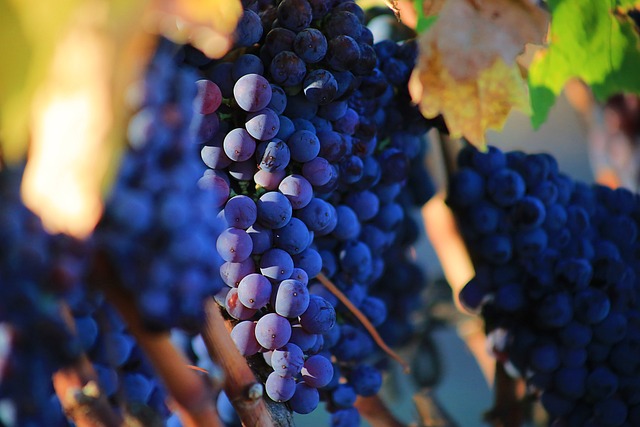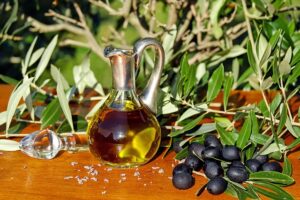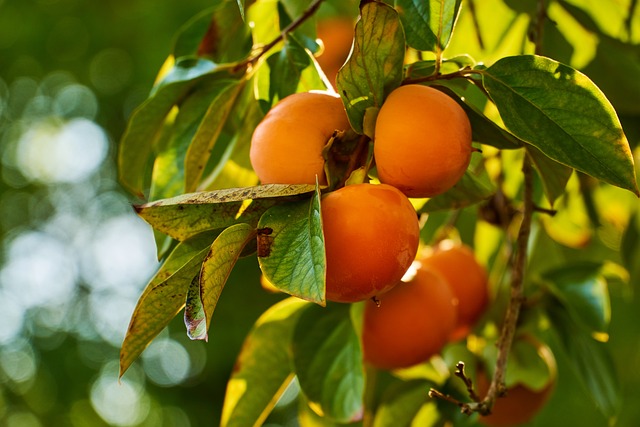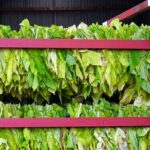Friuli-Venezia Giulia, the north-eastern region of Italy, is characterized by security and industry, but also has a rich agricultural culture which is a source of tradition and income for this part of the country.
Corn in the Italian economy
The basic agricultural product is the corn (a simple but widely used one). This plant is used, among other things, for the traditional Italian meal called “Poleneta”. Another, but important application is the production of feed for farm animals, from which high-quality Prosciutto di Parma dop is produced. In addition this plant is commonly used to produce flour and oil which are typical product of this part of the world.

Grapes in the Italian economy

Grapes are another elements of flora that plays an important role in the culture and economy of the province. As already mentioned, the climatic and soil conditions are exceptionally favorable due to the high content of minerals, and geographical diversity allows for the identification of areas favorable for specific species.
The lowland areas in the south have a warm climate, which is ideal for the production of red wines such as Merlot and Refosco. In the northern mountains, where conditions are cooler, white grapes such as Pinot Grigio and Sauvignon Blanc are grown. Wines from Friuli-Venezia are appreciated both in country and abroad. The region is famous for producing high-quality wines, especially white and sparkling wines such as Prosecco. These drinks have gained recognition on the international wine market, which contributes to the development of the local economy.
Interesting fact:
A rose – for some people it is associated only with something beautiful, but it also has a bio-indicator. As a plant that is more sensitive than grapes, the disease is the first to fall, so the grower has time to take appropriate measures to protect and secure the grape plantation.

Olives in the Italian economy

Olive fruits grown in this region are used for the production of high-quality olive oil. This product is highly appreciated both at home and abroad, which contributes to the economy success of the region. Especially on the domestic market, the importance of olive oil is visible – it is sold in various forms, for example with the addition of hot peppers or garlic . Olive oil variants are limited by the seller’s creativity.
Persimmons in the Italian economy
Persimmons, often known as “kaki” in Italy, are also an important product in Friuli Venezia Giulia. Sweet and juicy persimmon fruits are successfully sold in abroad.
The reasons for effective sales are obvious:
the latest scientific research conducted mainly at foreign universities proves that antioxidants and biologically active ingredients from the polyphenol group present in the fruit extract have strong anti-cancer properties. Depending on the variety, it produces spherical or heart-shaped kaki fruits that taste like ripe and are full of juice,. The fruit can be eaten raw, but it is increasingly often processed into juices full of vitamin C or tasty jams.

Other flora products in the italian economy
Other vegetables that are recognized as the flora of the region are sugar beets and tomatoes where overall, according to average data, the harvest reaches up to 7.5 million tons. The region’s agriculture is also rich in the cultivation of cauliflower, onions, cabbage and celery.



Fake news- tabacco field
Despite the information provided on the Internet, the local people of the region give one information
“Tobacco is not grown here.”
Moreover, according to the park guide Riserva Naturale
Regionale del Lago di
Corninothe weather conditions of the region do not meet the specified conditions for the development of this plant. The climate is too cold.
below is an example statement that contains FALSE INFORMATION ON TOBACCO FROM Friuli-Venezia Giulia:
“Another important plant that is systematically reduced for ecological and health reasons is tobacco.
This plant has ideal conditions for growing on soils naturally fertilized by alpine minerals, which significantly influence the quality of tobacco products.
1. Cigars
2. Cigarettes
3. Tobacco rolls
4. Tobacco sticks for pipes
The leaves themselves are exported to foreign markets – it is a highly profitable business.
However, it is subject to significant legal restrictions in order to protect the natural environment and the globally understood natural and social good.”
This all above is FAKE!!!



